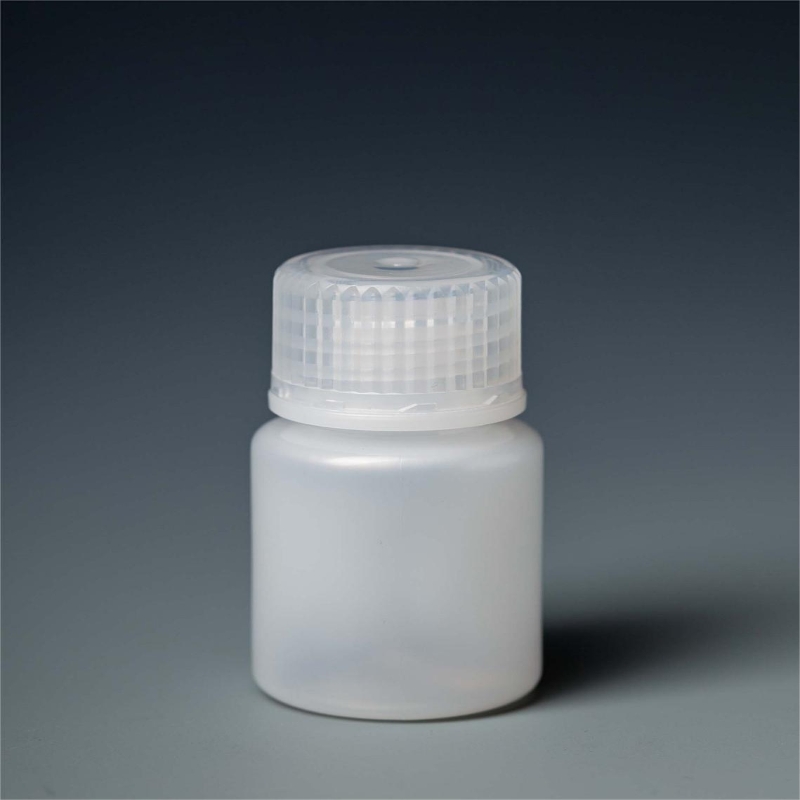-
Categories
-
Pharmaceutical Intermediates
-
Active Pharmaceutical Ingredients
-
Food Additives
- Industrial Coatings
- Agrochemicals
- Dyes and Pigments
- Surfactant
- Flavors and Fragrances
- Chemical Reagents
- Catalyst and Auxiliary
- Natural Products
- Inorganic Chemistry
-
Organic Chemistry
-
Biochemical Engineering
- Analytical Chemistry
-
Cosmetic Ingredient
- Water Treatment Chemical
-
Pharmaceutical Intermediates
Promotion
ECHEMI Mall
Wholesale
Weekly Price
Exhibition
News
-
Trade Service
On January 18, 2021, Pfizer China and Sai Pei China officially signed a strategic cooperation in Shanghai, announcing that they will integrate their respective advantageous resources, enhance the rapid diagnosis of drug-resistant bacterial infections in medical institutions, and open up a new pattern of diagnosis and treatment of moderate to severe infections in China.
The strategic cooperation between the two sides will be carried out in four dimensions, such as standardized construction of drug-resistant bacteria laboratory testing in medical institutions, capacity-building of diagnosis and testing of drug-resistant terrain-negative bacteria by medical clinicians and clinical microbial personnel, improved practical ability of clinical microbial personnel to participate in drug-resistant bacteria diagnosis and treatment, and perfecting the delivery process of drug-resistant bacteria molecular diagnostic projects in third-party testing institutions, so as to help improve the level of drug-resistant bacterial infection diagnosis and treatment in China and further curb the rising trend of bacterial resistance.
promoting the rational use of antibiotics and helping to reduce bacterial resistance In recent years, drug-resistant terrain-negative bacterial infections, especially those caused by carbon penicillin-resistant bacteria (CRO), have become a major challenge in the global public health field.
, the clinic also faces the multiple challenges of high mortality rate of drug-resistant bacteria infection, heavy burden of disease, and very limited drug use options.
According to the results of the China Bacterial Resistance Monitoring Network, the drug resistance rate of Pneumococcal Crebb to Meropenan has soared from about 2.9% in 2005 to 26.8% in 2019, and the resistance rate has increased more than ninefold.
study showed that crude mortality rates were 30%-44% for various infections caused by carbon penicillin-resistant E. coli bacteria (CRE), which posed a serious threat to people's health and safety.
At present, a large number of seriously ill patients in China have more high-risk groups with multiple drug-resistant bacterial infections due to their critical condition, multi-organ dysfunction, low autoimmune capacity, invasive operation and exposure to antimicrobial drugs.
the problem of multiple drug-resistant bacterial infections is not only a challenge for the serious disease discipline, but also a serious challenge for clinical departments such as hematology, respiratory medicine, infection and transplantation.
because of the uneven distribution of medical resources, many medical institutions exist in the clinical microbial laboratory testing capacity is insufficient, the urgent need for the whole society to attach great importance to and actively take effective action.
In order to save the lives of patients with severe infection in drug-resistant bacteria, medical institutions urgently need to rapidly improve the rapid diagnosis of drug-resistant bacterial infection, according to the results of early, adequate and accurate use of applicable antibiotics for treatment, in order to strive for valuable treatment opportunities, better save patients' lives.
strong joint precision diagnosis and treatment, improve the level of drug-resistant bacterial infection management in order to meet the challenges posed by drug-resistant bacteria, improve the level of rational drug use, the National Health and Family Planning Commission, the National Development and Reform Commission and other 14 departments jointly formulated the "National Action Plan to Curb Bacterial Resistance (2016-2020)", will curb bacterial resistance to the national strategic height.
In order to further implement the Action Plan, the "Notice on the Continuous Management of Clinical Application of Antibacterial Drugs" issued by the National Health and Health Commission puts forward the requirements of strengthening the construction of clinical testing laboratories, doing a good job in specimen testing, and improving the level of microbial testing.
Based on the urgent requirements for the treatment of moderate to severely infected diseases, Pfizer and Saipei will actively promote the standardization of experimental processes through the establishment of strategic partnerships, focusing on improving the detection capabilities of samples from physical organ transplants, severe illnesses and blood diseases, and inviting clinical experts and microbiologists to share laboratory resistance The clinical diagnostic value, test result determination and interpretation of bacterial enzyme type testing, strengthen the training and training of antimicrobial application management professionals, improve the drug-resistant bacteria delivery testing and testing operation norms and a series of actions, actively promote the rational use of antibiotics, help strengthen China's drug-resistant bacteria prevention and control.
It is learned that the cooperation between the two sides is scheduled to be officially launched in February this year, one after another in many provinces and cities to carry out medical institutions drug-resistant bacteria laboratory testing standardization construction, medical institutions clinicians and clinical microbiologists on drug-resistant terrain-negative bacteria diagnosis and testing capacity-building, clinical microbial personnel to participate in drug-resistant bacteria diagnosis and treatment practice, third-party testing institutions drug-resistant bacteria molecular diagnostic project delivery process to improve the inspection process.







